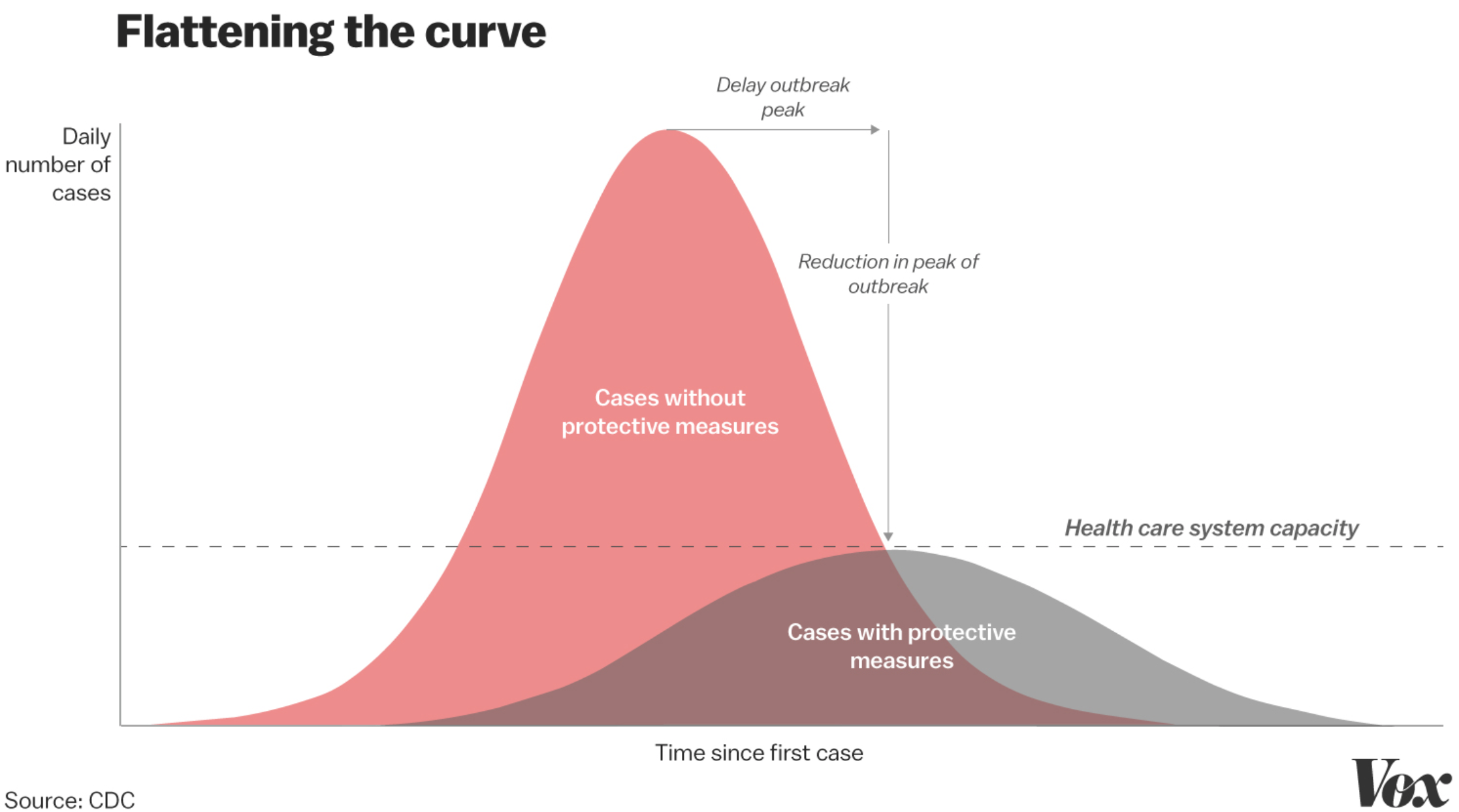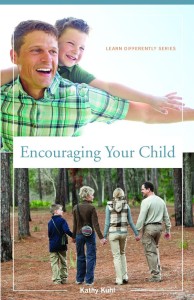Coronavirus homeschool survival guide, part 1
by Kathy Kuhl Are you homeschooling because of coronavirus? If your kids were in school, you are probably thinking:

- I have to stay home and make them do their lessons! Argh!
- How will I get them to sit?
- They’ll drive me nuts!
- How will I get my work done? It’s a special problem for doctors, nurses, and all who still must go into work.
If you’ve never homeschooled, homeschool may sound crazy. This blog series will help you survive.
But cheer up! Of all the families that come to be for advice about homeschooling, the ones I worry about are the ones who aren’t a bit worried.
If you already homeschool,
you are facing queries from friends and neighbors about how to do it. (Share this page if you find this website helpful.) I’ll blog soon on how you can help them.
When this is over, some of your neighbors will think they have tried homeschooling. True, they were home with their children, supervising schoolwork. But if the teacher planned it, sent it, and graded it, that’s merely “homebound instruction.”
You know they may miss the best parts of homeschool. Let’s help them not miss the fun, benefits, and flexibility of homeschooling. Help them think outside the school box.

As one parent told me,
“When you are trying to duplicate the school environment in a home, keep in mind that it didn’t work in school; that’s why he’s at home. Duplicating that environment may bring negative emotions.”
~ Homeschooling Your Struggling Learner, page 42.
Help through the crisis
I have tools and advice to help both temporary and veteran homeschool families. Normally I focus on helping kids who have trouble focusing and other learning challenges. But what helps them helps many. This blog series will address our particular situation in 2020, covering:
- How do I get them to sit?
- How do I get them to focus?
- Curriculum concerns
- Non-academic subjects
- Homeschooling in close quarters
- Relationships and morale: theirs and yours
- How school at home differs from homeschooling
- Helping your friends who are unexpectedly homeschooling
What else would you like me to cover? Experienced homeschoolers, please tell me what you think they should know. Use the comments below, the chatbot (blue balloon lower right), or the contact form.
My top advice
Enjoy your children. Homeschooling is about education, but much more. It’s a way to help develop character (theirs and yours!) and build relationships. I’ll elaborate on that in another day.
Today, though I’m focusing on literal survival. Probably not yours, but perhaps Grandma or Grandpa’s. I’m sorry to say that means,
Extreme Social Distancing: “This Is Not a Snow Day”
Today I read a shocking post from Harvard’s T.H. Chan School of Public Health. The executive director of their Ariadne Labs, Dr. Asaf Bitton, MD, MPH, explains we in the United States are on track to follow Italy straight into the pandemic crisis. We’re just eleven days behind Italy in terms of the spread and devastation from COVID-19.
I’ll share their link below. If their website is overwhelmed, let me know. Then I’ll post the PDF version that they provided on my handouts page.
Extreme social distancing can save lives,
but only if we stick to it
Normally, homeschooling gives more opportunities for socialization than school does. People imagine that homeschoolers are homebound. The reality for homeschoolers is different. The world is our classroom. We don’t spend all day in a classroom with twenty or thirty people our age. We have the luxury of teaching and learning in more interesting ways that lecturing.
We homeschoolers love having the world as our classroom.
But these days, we all should be homebound. Why?
We need to “Flatten the Curve”

Epidemiologists know that social distancing can save lives. If we close schools, avoid public gatherings, keep six feet apart when in public, and take other measures we get a double benefit.
- Fewer cases of coronavirus—fewer people at a time can infect others.
- Fewer people will die because we are less likely to run out of respirators, hospital beds, doctors, nurses, and supplies.
(Yes, a doctor shortage. A friend who’s a resident at a hospital was told that if he gets the virus, he’ll be expected to don a hazmat suit and keep working as long as he can.)
Slowing the spread won’t stop the infection, but it will reduce the death toll. Dr. Bitton writes:
Our health system will not be able to cope with the projected numbers of people who will need acute care should we not muster the fortitude and will to socially distance each other starting now. [Emphasis added.] On a regular day, we have about 45,000 staffed ICU beds nationally, which can be ramped up in a crisis to about 95,000. Even moderate projections suggest that if current infectious trends hold, our capacity (locally and nationally) may be overwhelmed as early as mid-late April.Thus, the only strategies that can get us off this concerning trajectory are those that enable us to work together as a community to maintain public health by staying apart.
What to do
 Among other things, Dr. Bitton advises us:
Among other things, Dr. Bitton advises us:
- No playdates or sleep overs, no visits to others’ homes, especially nursing homes.
- Get outside and exercise, but maintain social distance. That means keep six feet apart.
- Avoid playgrounds. Coronavirus stays live on plastics and metal for up to nine days.
- Have your children avoid physical contact with children in other families. I know how tough that will be for us all, especially our sensory-seeking children.
Exercise will keep up our spirits and help our children sit when they need to. It will boost our immune systems.
Sunshine will help our souls. It also benefits our health. [See link below to learn how fresh air and sunlight seemed to help during the 1918 influenza pandemic.]
See Dr. Bitton’s full article for ways to support local businesses, how to shop, and much more.
What are your concerns about helping your children and teens through this COVID-19 pandemic? How can I help you teach them at home, particularly if they are students who learn differently? Next time, we’ll get to practical homeschool tips.
Resources
Coronavirus and the Sun: A Lesson from the 1918 Influenza Pandemic


Thanks, Kathy! I am hanging on your every word!!